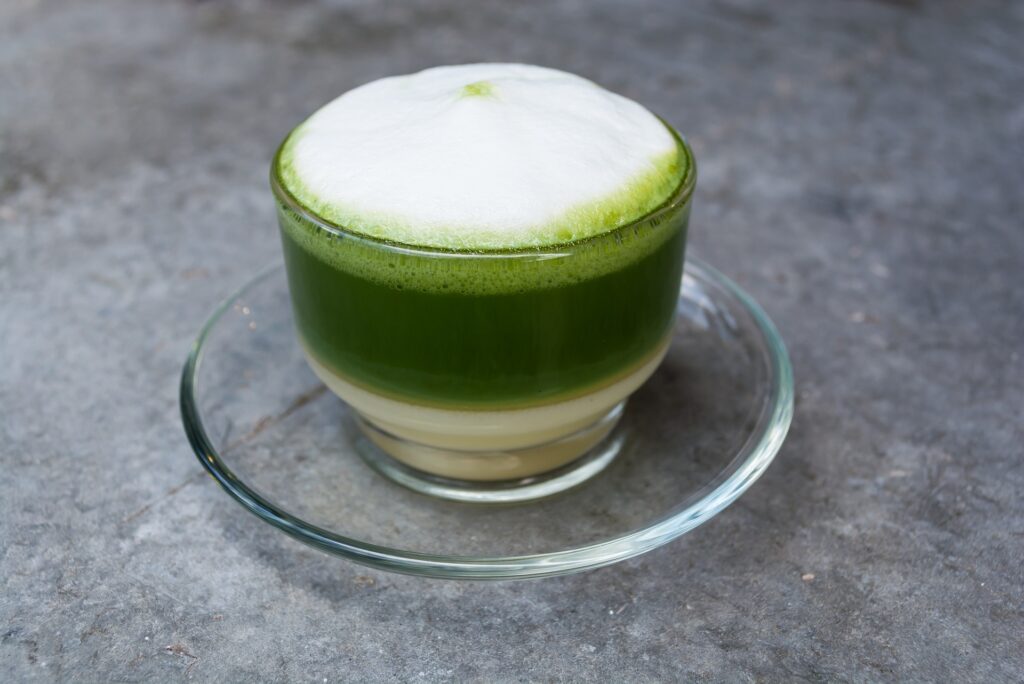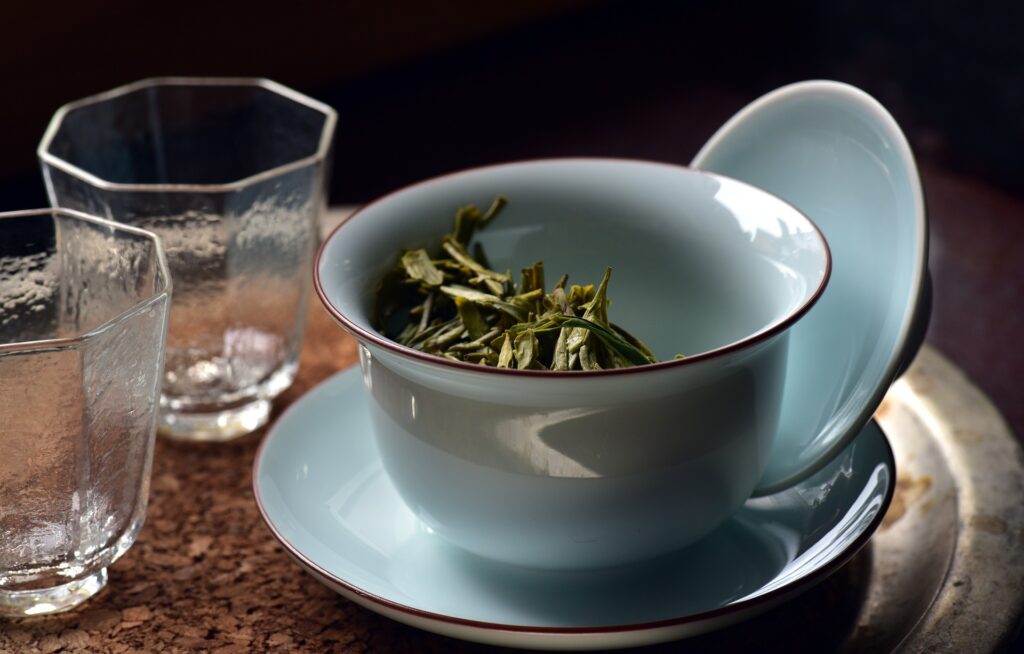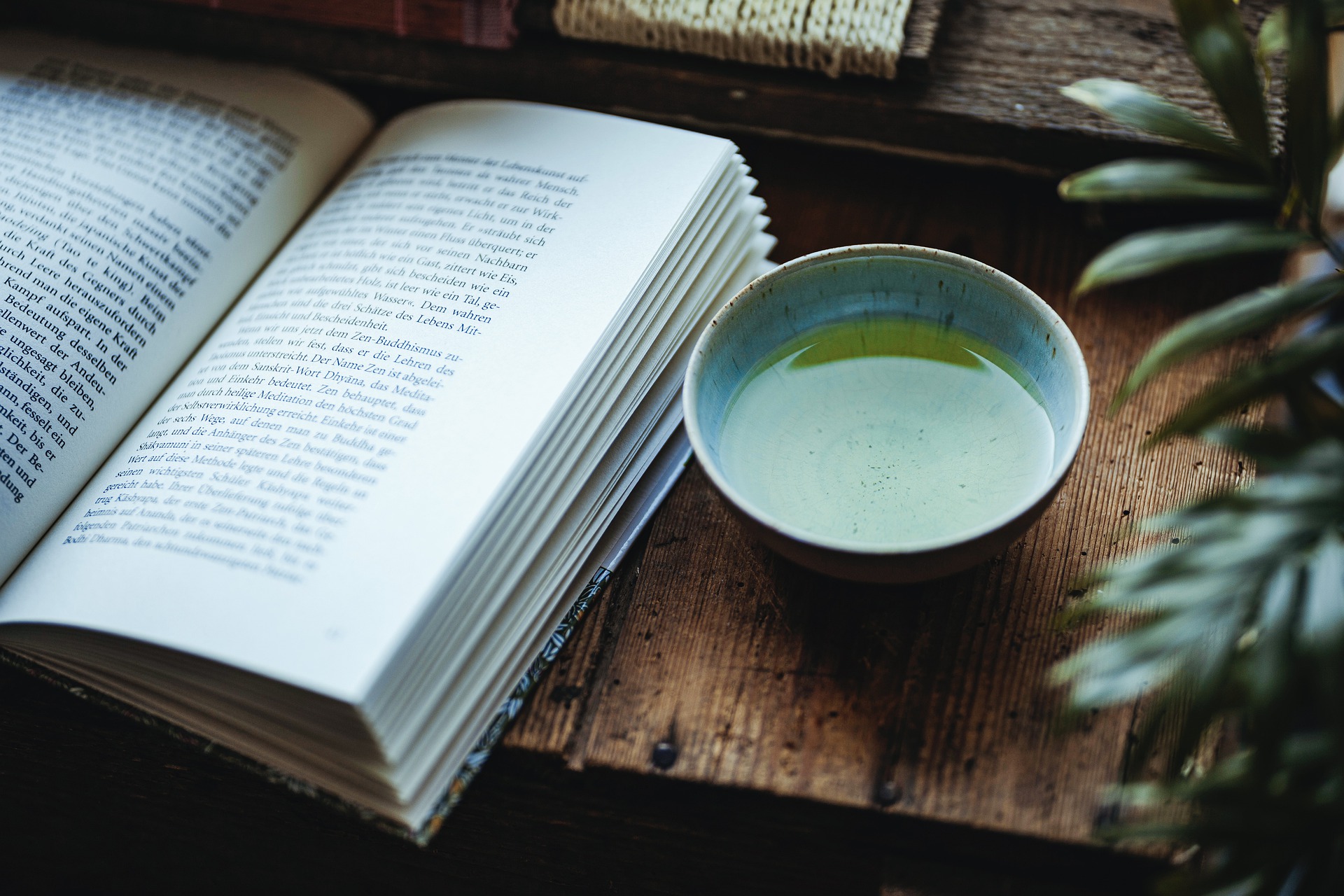In the world of teas, Sencha tea holds a unique position for its refreshing taste and remarkable health benefits. Originating from Japan, tea of Sencha has gained popularity worldwide due to its distinct flavor profile and numerous advantages.
Table of Contents

1. What is Sencha Tea?
Tea Sencha is a type of Japanese green tea made from the first tender leaves of the Camellia sinensis plant. The leaves are harvested, steamed, rolled, and dried to produce the delicate, grassy flavor Sencha is known for.
2. Health Benefits
The consumption of Sencha tea offers various health benefits. Its high antioxidant content helps in boosting the immune system, improving heart health, aiding in weight loss, and promoting radiant skin.
3. How is Sencha Made?
The meticulous process of crafting Sencha tea involves specific steps that contribute to its unique taste. The leaves are handpicked, steamed to prevent oxidation, rolled, and finally dried to preserve their freshness and flavor.
4. Types of Sencha
There are different varieties of Sencha tea categorized based on the region, harvesting methods, and leaf quality, each offering a distinct taste and aroma profile.

5. Sencha vs Other Teas
Sencha tea differs from other teas like Matcha and Gyokuro in its cultivation, taste, and brewing techniques. Its grassy, slightly sweet taste distinguishes it from the earthy flavor of Matcha and the richness of Gyokuro.
6. Brewing Techs of Tea of Sencha
Brewing the perfect cup of Tea Sencha requires precise water temperature and steeping time to unlock its full flavor potential. The ideal brewing temperature is around 70-80°C, and steeping should last for 1-2 minutes.
7. Sencha Around the World
While Tea Sencha is originally from Japan, the tea’s fame has spread worldwide, considering a lovely and decent drink internationally. Its availability in various forms, including loose leaves and tea bags, has contributed to its worldwide acclaim.
8. Popular Brands
Several reputable brands offer high-quality Tea of Sencha, each with its unique characteristics. Brands like Ippodo, Harney & Sons, and Mariage Frères have gained recognition for their premium Sencha offerings.

9. Sencha Tea and its Cultural Significance
Beyond its delightful taste, Sencha tea is deeply ingrained in Japanese culture and traditions. The tea ceremony, known as “Senchado,” reflects the art and respect for the brewing and serving of Tea Sencha.
Conclusion
Sencha tea, with its distinct taste, health benefits, and cultural significance, stands as an emblem of Japan’s rich tea heritage. Its global popularity continues to grow, enticing tea enthusiasts worldwide.
FAQs
Q1: Is tea of sencha caffeinated?
Yes, This tea contains caffeine but in lower amounts compared to coffee. The caffeine content varies depending on factors like brewing time and water temperature.
Q2: Can Tea Sencha be consumed cold?
Yes, Tea Sencha can be enjoyed cold by brewing it as usual and then refrigerating it or serving it over ice for a refreshing beverage.
Q3: How does tea of Sencha differ from other green teas?
Sencha tea of Sencha is distinguished by its flavor, which is grassy and slightly sweet compared to other green teas like Matcha or Gyokuro.
Q4: Can tea of Sencha help in weight loss?
Tea of Sencha contains antioxidants that may assist in boosting metabolism, which can aid in weight loss when combined with a healthy diet and exercise.
Q5: What makes Tea of Sencha a part of Japanese culture?
Tea of Sencha is not just a beverage in Japan; it holds cultural significance and is often involved in traditional ceremonies like “Senchado,” showcasing the reverence for the art of tea-making.

